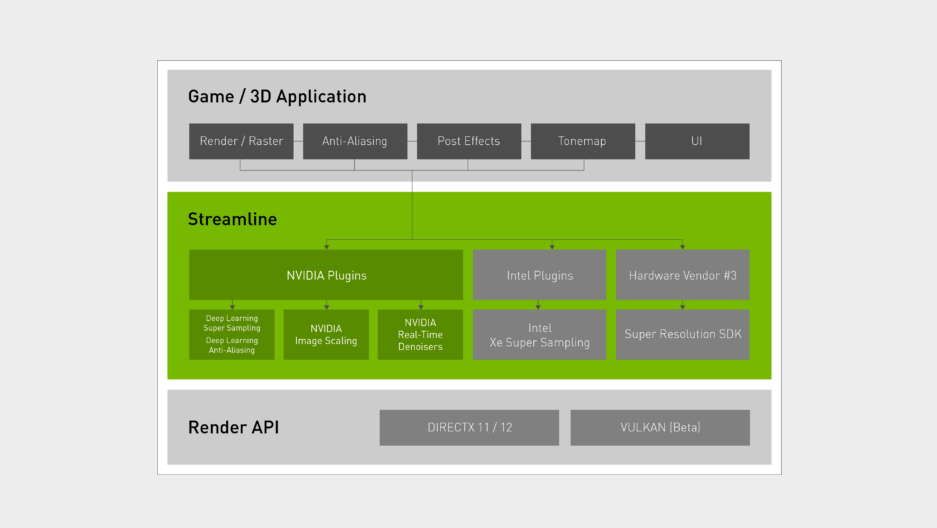staknhalo
Supreme [H]ardness
- Joined
- Jun 11, 2007
- Messages
- 6,924
Well, actually if you read the open source licenses, they cannot just incorporate that in their proprietary tools. It has to be agreed upon.
And you're insinuating they're breaking liscence or got concession? Because the former is one thing and could be brought to the attention of those who could actually do something about it, the latter is simply as I said a consequence of what your competitors can do and use against you when you choose an open source model to follow. This is business, you'd be dumb not to exploit your competitor's flaws. None of these companies are a charity nor a consumer advocacy group. Any talk of 'we love you, this is for you' is marketing, plain and simple. You apparently forgot that with 'oH sO eViL nViDiA'.
![[H]ard|Forum](/styles/hardforum/xenforo/logo_dark.png)
